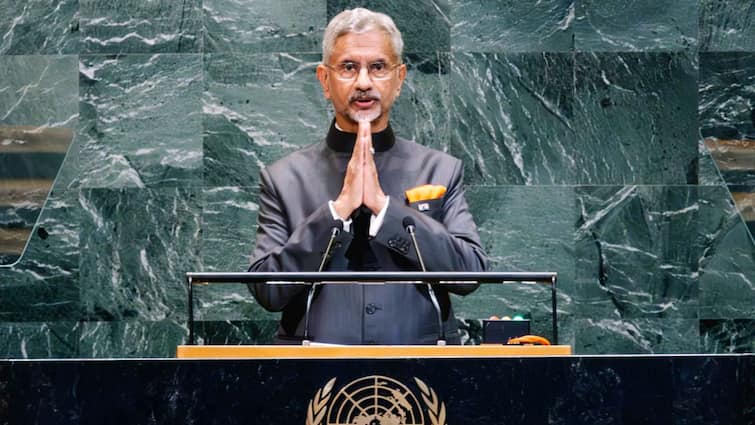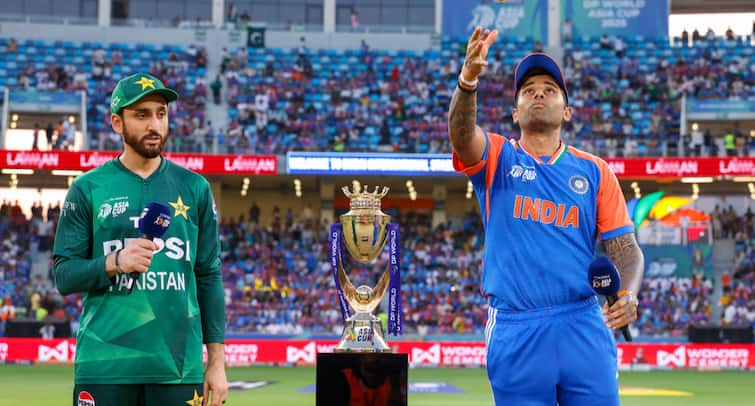India on Friday cited Pakistan’s attempts to shield a terror outfit at the UN Security Council, which claimed responsibility for the Pahalgam attack, to highlight that the United Nations’ work has been gridlocked amid the absence of urgent reforms. External Affairs Minister S Jaishankar also criticised efforts to equate victims and perpetrators of terrorism in the name of global strategy, apparently referencing the hyphenation of India and Pakistan in discussions around the attack. He made the remarks at an event marking the UN’s 80th anniversary.
Jaishankar emphasised that the UN’s decision-making no longer reflects its membership or global priorities, warning that polarised debates, operational gridlock, and financial constraints have weakened the organisation’s effectiveness. “All is not well with the UN. Its decision-making neither reflects its membership nor addresses global priorities. Its debates have become increasingly polarised and its working visibly gridlocked. Any meaningful reform is obstructed using the reform process itself. Now, financial constraints have emerged as an additional concern,” he said.
EAM noted that member nations face the dual challenge of sustaining the UN while seeking its reinvention to meet contemporary global challenges.
UN’s Credibility Under Scrutiny Over Terrorism
Jaishankar sharply criticised the UN’s response to terrorism, questioning the credibility of multilateral institutions when sitting Security Council members shield terror organisations. Pakistan’s role in the council, he said, undermines multilateralism.
“Few examples are more telling about the challenges facing the UN than its response to terrorism. When a sitting Security Council member openly protects the very organisation that claims responsibility for the barbaric terror attack, such as at Pahalgam, what does it do to the credibility of multilateralism?” Jaishankar asked.
He further condemned attempts to equate terror victims with perpetrators in the name of global strategy. “When self-proclaimed terrorists are shielded from the sanctioning process, what does it say for the sincerity of those involved?”
Jaishankar’s remarks reinforced India’s longstanding call for UN reforms, particularly a revamped Security Council with fair representation, accountability, and the ability to respond effectively to global crises, from terrorism to structural and financial challenges.



